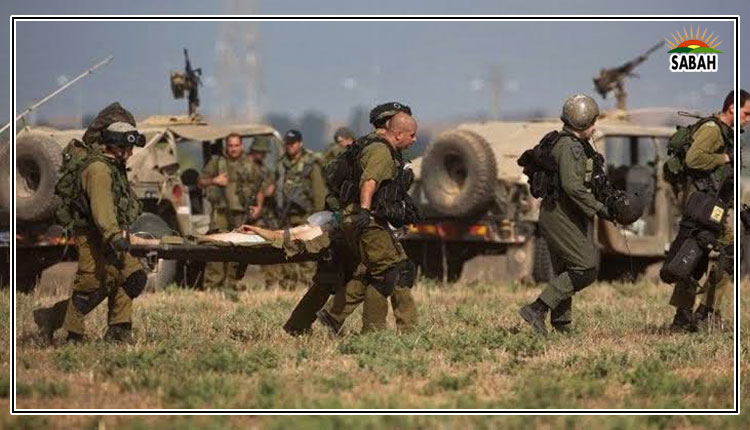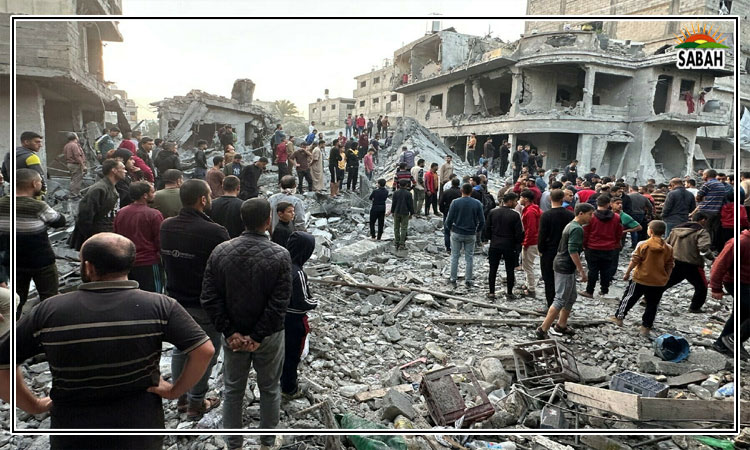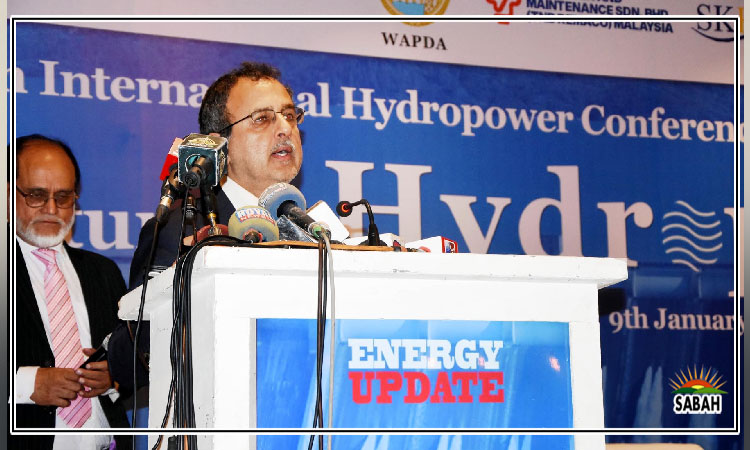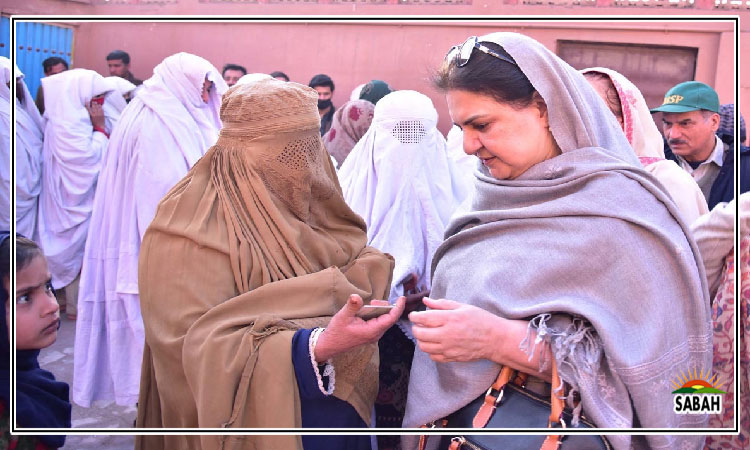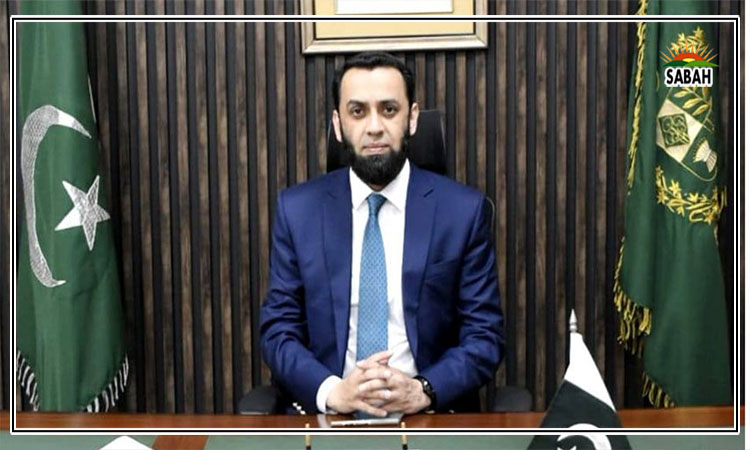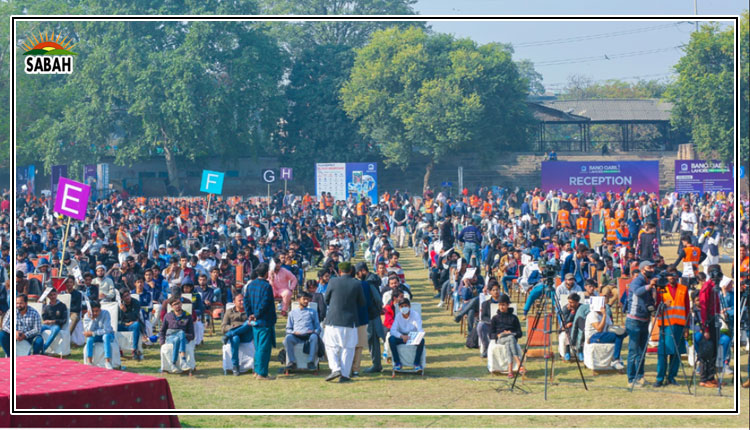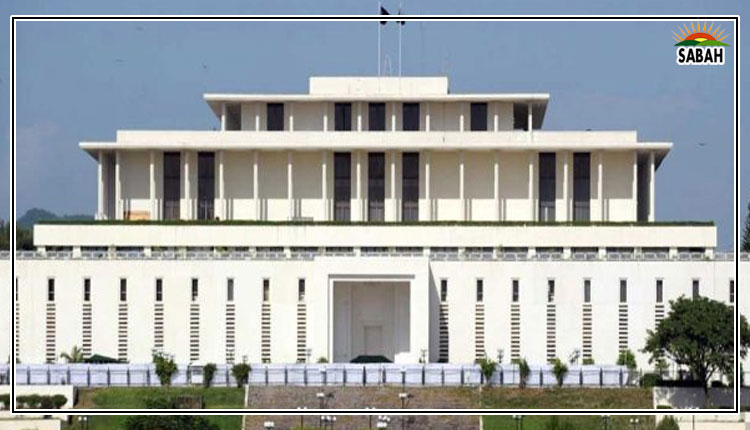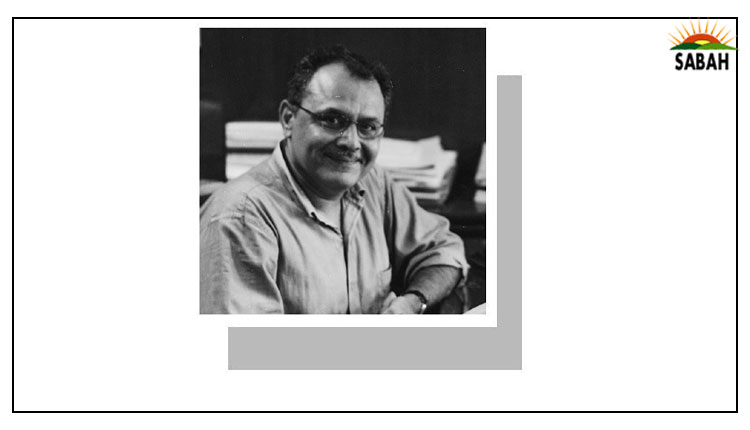Only way out…Abbas Nasir
TO a layman like me, as it is to legal eagles if their statements are anything to go by, the Constitution is unambiguous in saying elections are to be held within 90 days of a dissolution of an assembly before it completes its term and within 60 days on completion of its full term.
That is the unadulterated truth. All else is politics. Mostly to safeguard narrow, partisan or institutional interests. Does anyone care what is in the larger interest of the country? Not one stakeholder or decision-maker. Yes, not one.
More than one dictator out of our illustrious breed of many is on record unashamedly telling the media on camera that the Constitution is no holy document and can be shredded at will and tossed into the rubbish bin. Dictators will be dictators. Their existence hinges on trampling on the Constitution.
But even they need facilitators. And some of the reputedly best legal minds in the country have tripped over each other and rushed to help with drafting Provisional Constitution Orders PCOs and amendments, when the dictator has snapped his fingers (the dictator has always belonged to one gender in our case).
These legal minds who have intimate knowledge of the Constitution, unlike laypeople like you and I, have come up with near perfect ways to undermine it, such as new oaths of office for those who dispense justice and form the ultimate court of appeals.
They have had the gall and ingenuity to develop terms like chief executive to give a uniformed military ruler a civilian garb. They have been so eager to oblige the dictator that they wouldnt have shied away from stitching a cloak with Superman lettered across it, had the dictator asked for that.
Among their specialties, of course, is drafting flawless notifications, granting extension to a man of arms, while elected prime ministers can be ousted once, twice, thrice or a greater number of times, even hanged and assassinated and the Constitution mutilated but there was no problem, no issue, no crisis.
But the nations health is imperilled, its future turns bleak if the chief wants an extension and does not get it. These legal minds steeped in sheer dictatorial glory and blinded by its brilliance and splendour are not the only facilitators, as a cursory glance at the history of our blighted land will tell you.
Then there are those who endorse every transgression of a dictator, give him years of space and enable him to amend the Constitution so any inconvenience he may have had while binning the useless document would not impede him again. Only fools like you and I believe the document is sacrosanct.
Why else would the men in black robes, and the now dispensed with wigs, rule as they have on multiple occasions in the past. Even an abridged history, summarising their chapters of shame must run into hundreds of pages. The few who have held their head high in upholding the law have been demonised and marginalised. The practice continues.
That is why now the onus is on the chief justice of Pakistan to provide a transparent, credible solution so that the crisis-ridden country can navigate its way out of the intractable mess it finds itself in today. You could ask why the chief justice?
Well, it was his institution that may have contributed to the crisis today, even precipitated it, by one of its verdicts that constitutional experts have described as being tantamount to a rewriting of the Constitution. Yes, I am referring to the courts interpretation of Article 63-A where it went way beyond the letter of the law which stipulated disqualification of an assembly member for floor-crossing and not the nullifying the vote cast in defiance of party orders.
This one verdict was one among several over the past few years that was seen as controversial. This impression was strengthened by the fact that over this period, as per basic statistics gathered by a Karachi law firm, one particular set of judges were on the bench in cases of political significance, eight times more often than other more, or equally, senior judges.
The constitution of the bench, recusals and the formation of yet another bench in the suo motu hearing into the delay in the holding of elections by the Election Commission within the mandated 90 days of the dissolution of the Punjab and KP assemblies further muddied the waters, as did the public stance of some judges that their view was omitted from the final order.
This was interpreted as a sign of divisions in the honourable institution that is mandated with upholding the Constitution and fundamental rights. Therefore, if the impression isnt rectified sooner than later it might undermine faith in the apex court. The court cant be and isnt partisan and ought not to be seen as such.
It is this very perception that has enabled extra-constitutional forces to enjoy a free hand. The former army chiefs first conversation with a journalist widely reported in the media over the past several weeks, and now a newer conversation since denied, is ample proof of how the apex court has been viewed by other power players.
It is tragic that such issues even brought into question the validity of the order which was in line with constitutional provisions. The Supreme Court ordered the Election Commission to hold elections within the stipulated period or a date as near as possible to the deadline. What we have today is a crisis created by divisions in society, politics and key institutions.
Perhaps, one way forward would be the constitution of a full bench of the apex court so that any unambiguous order issued leaves no room for misinterpretation. It will enable the court to adjudicate in an open, transparent manner which will carry the weight of credibility to ensure wider acceptance.
Courtesy Dawn


